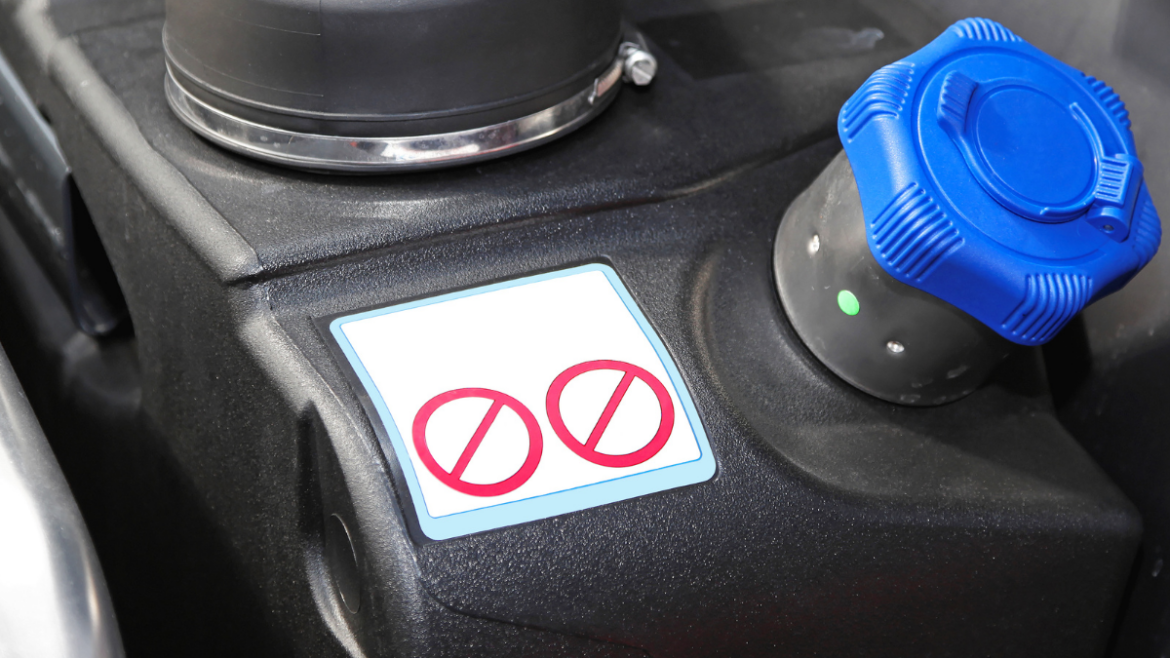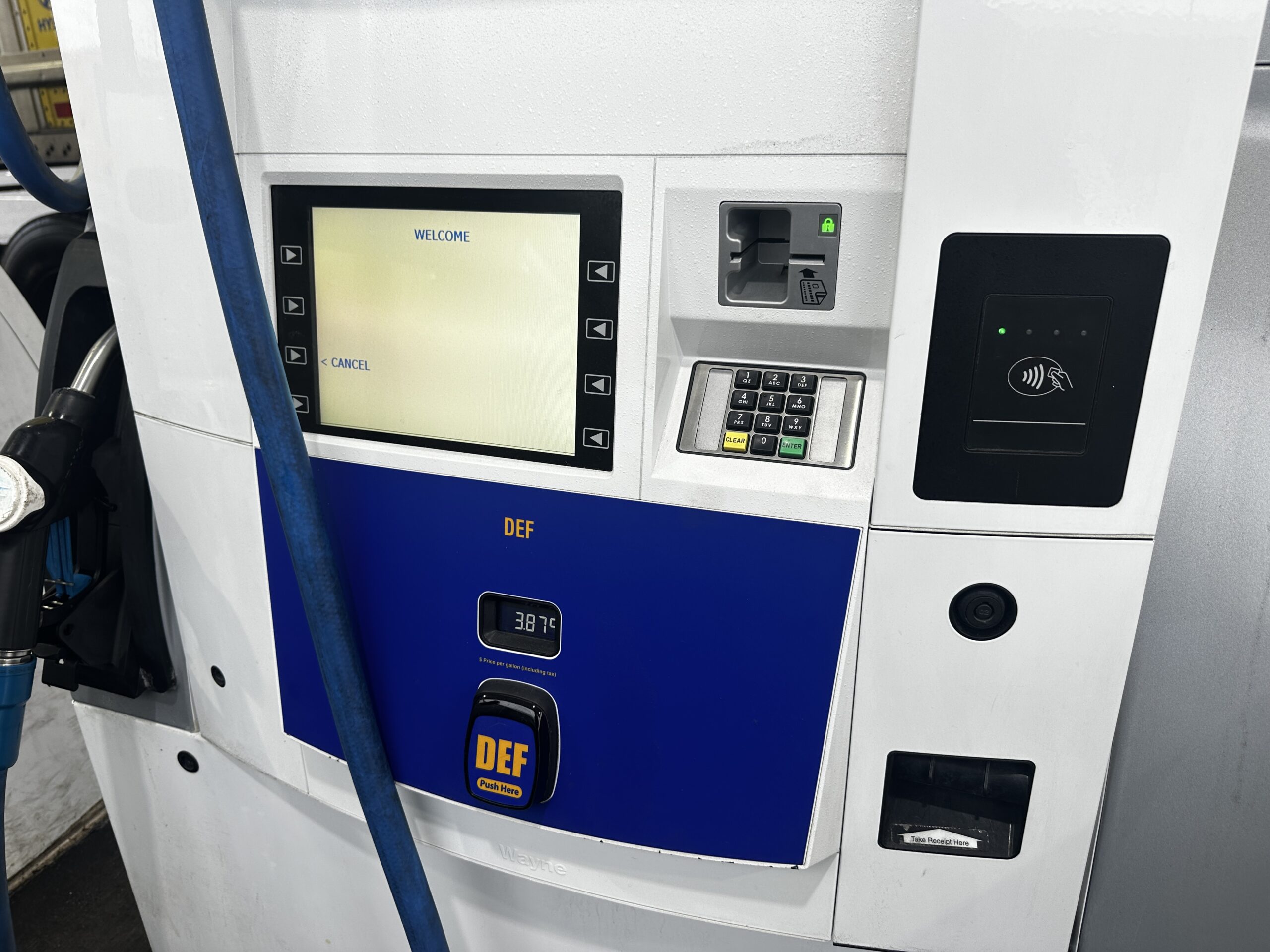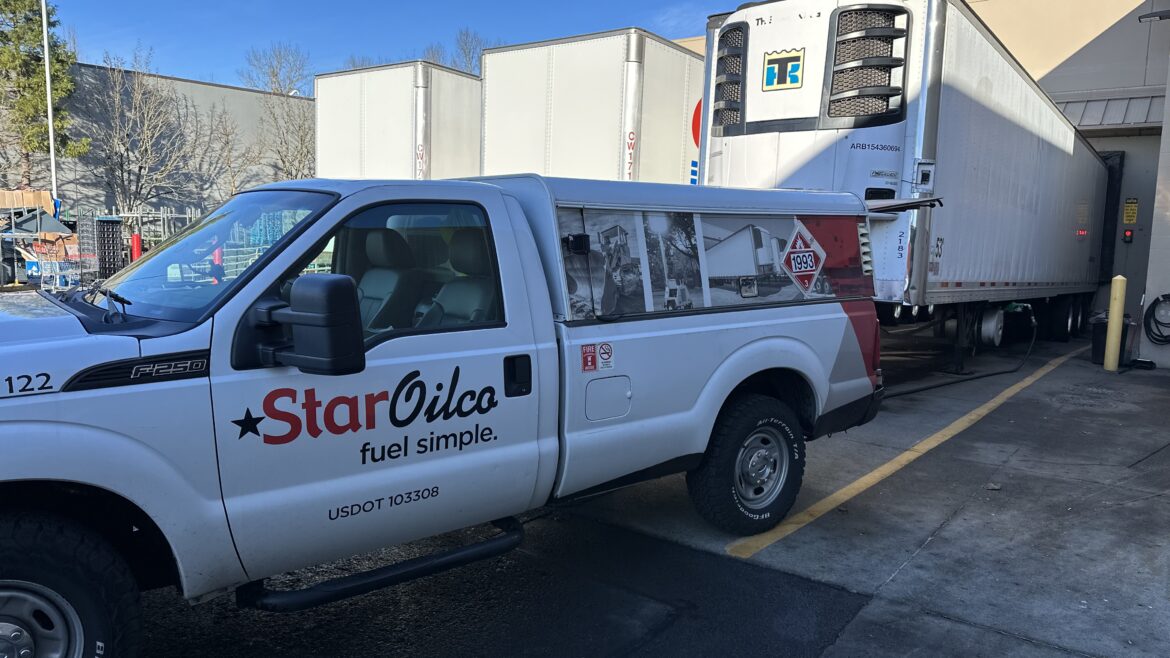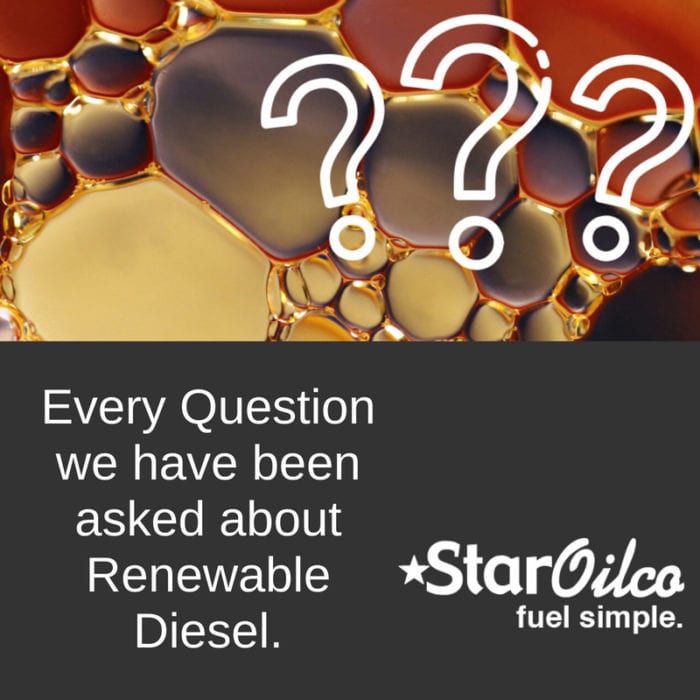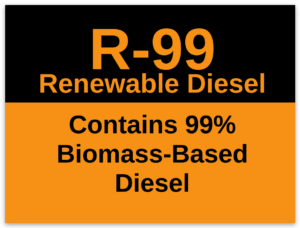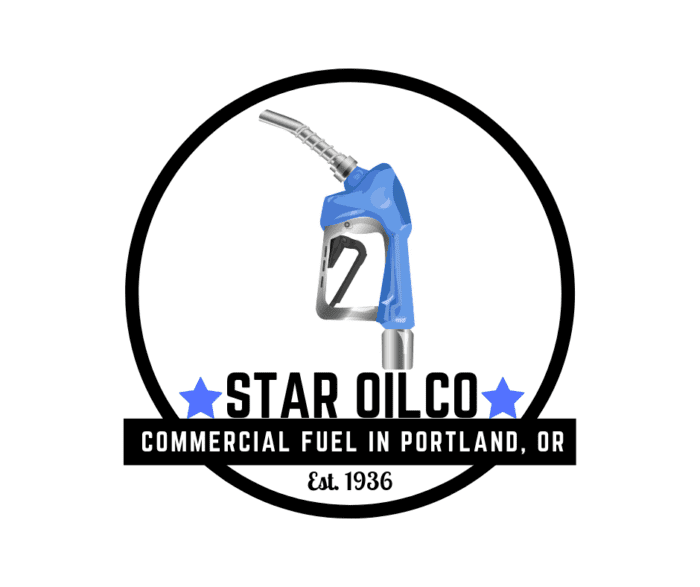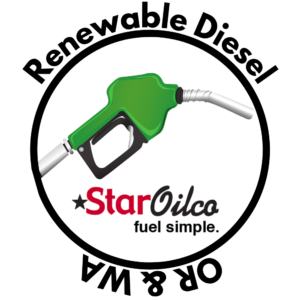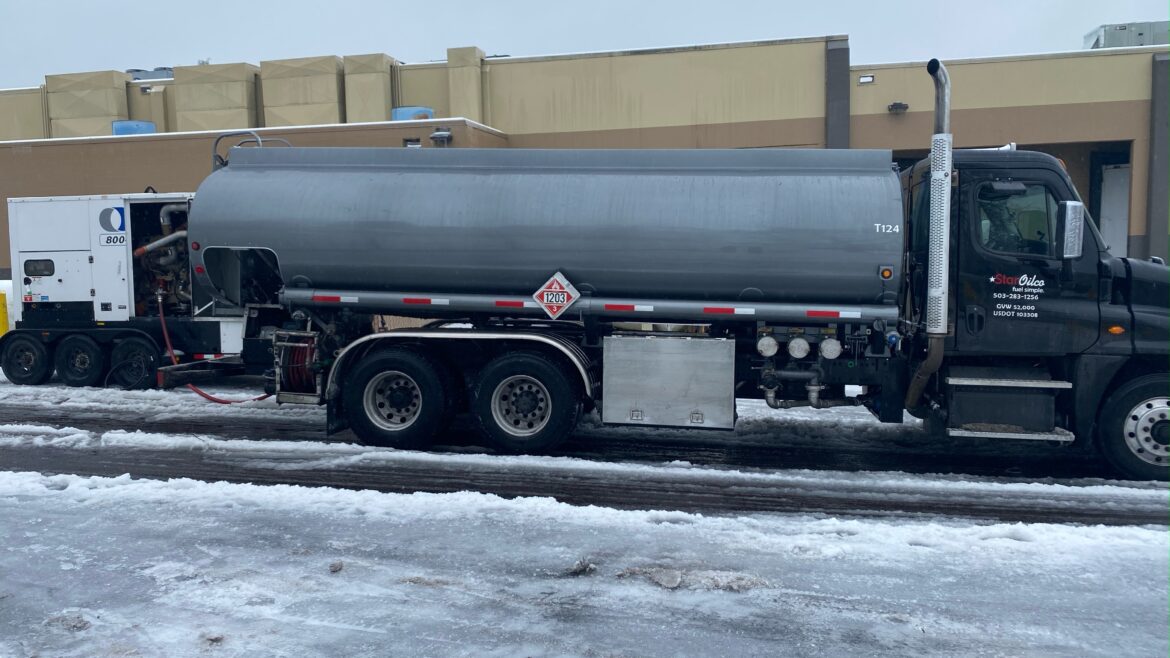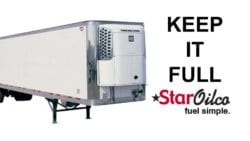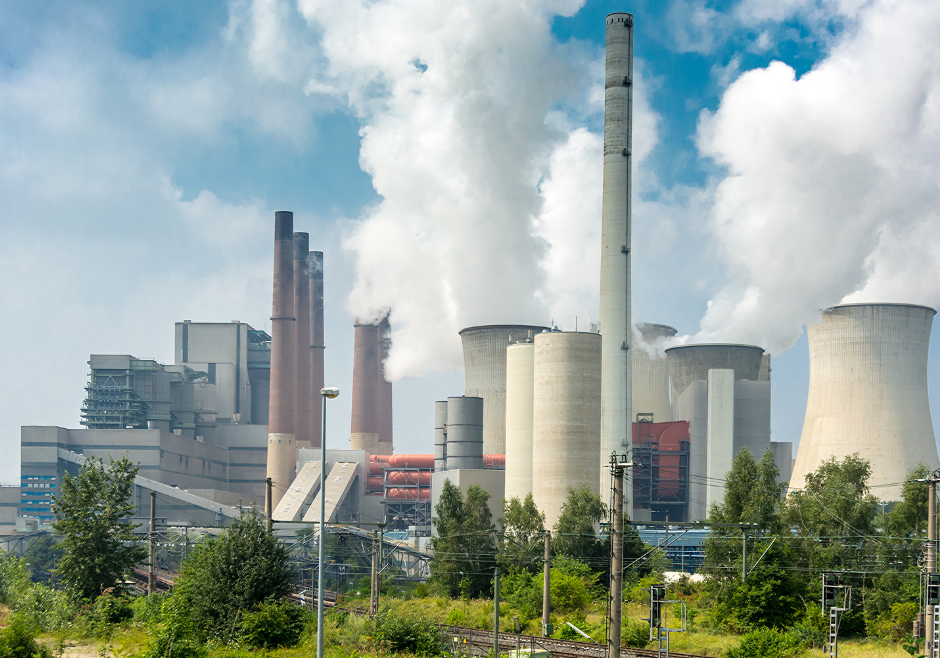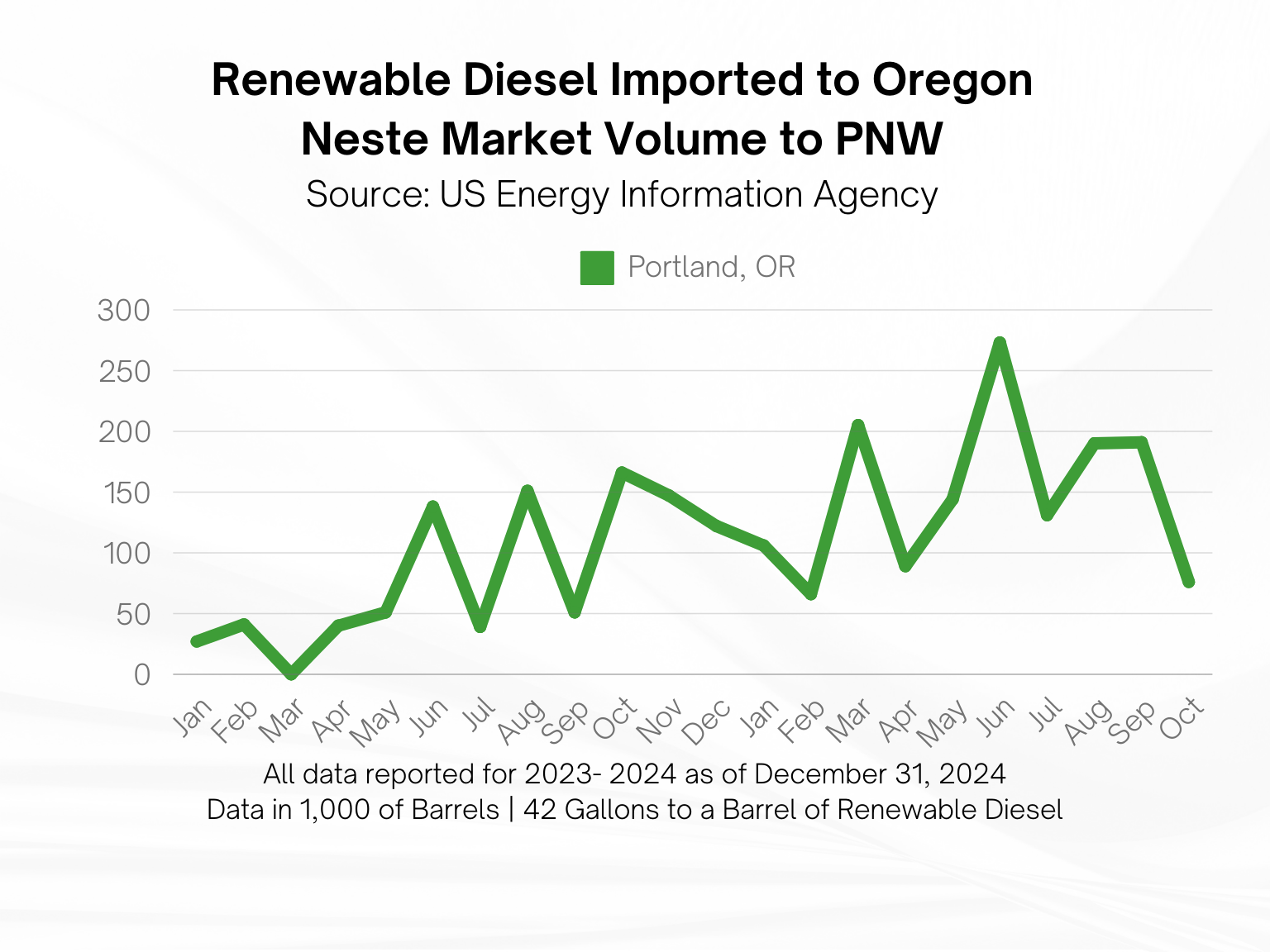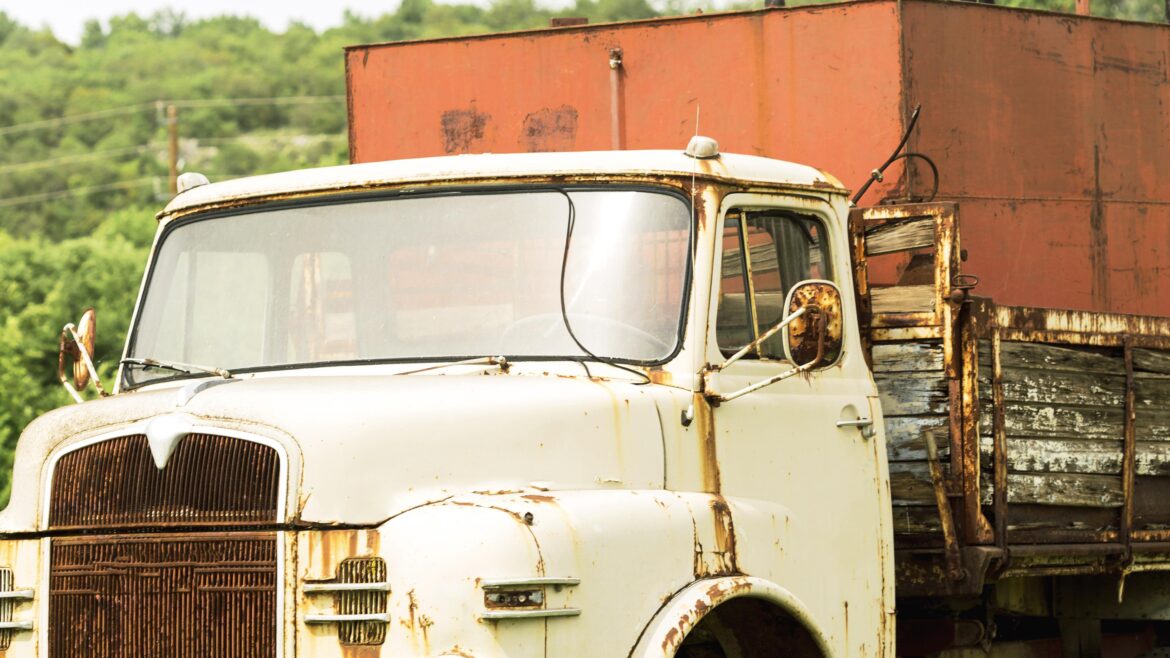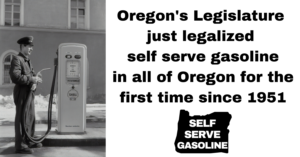Fuel Filtration-Clogged Filters-Cleaning Them Up.
Has your fleet experienced black diesel fuel or clogged fuel filters?
Do you wonder what makes diesel go bad or cause further issues?
In most cases, it’s water and dirt in the fuel leading to further degradation over time. If gone unchecked it will lead to mechanical failures in your fleet.
Donaldson Filter has a great educational video about the high stakes importance of aggressive filtering of your diesel prior to going into your fleet. Today aggressive filtering and ongoing quality assurance of your fuel is a must. Star Oilco calls this Precision Fuel Management and we offer it to all of our bulk fuel customers.
Precision Fuel Management is the ongoing improvement of your diesel fuel quality.
This is done by adding aggressive Donaldson filtration to the dispenser on your diesel tank or filtering fuel on Star Oilco’s Mobile Onsite trucks when wet hosing our customers). For bulk storage tanks, we include a Donaldson desiccant breather to the vent on your tank to scrub moisture from the air as it is pulled into your tank, as well as Hydrotex PowerKleen Premium Diesel Additive. In addition to these best practices Star Oilco will also sample your tank bottom, as well as take a representative sample out of your diesel nozzle and lab test this fuel according to the ULSD ASTM standard D975, as well as check for the ISO cleanliness level of your fuel. We test twice a year going into Summer and Winter to confirm if there is water on the bottom of your tank as well as any worries about dirt, biological growth, or any other recurring, but preventable fuel quality problems.
NOTE: ASTM D975 is the specification for ultra low sulfur diesel in the United States. ISO Cleanliness is a standard to check for microscopic dirt that can harm the performance of your engine systems long term if it’s getting past your engine filtration.
https://staroilco.net/bulk-fuel/biofuels/precision-fuel-management/
Diesel technology has advanced a long way in the last decade to meet the extremely high emission standards of the EPA and CARB for diesel engines. What this advanced diesel tech means is that your engine has extremely high-operating fuel pressures and extremely tight tolerances for the fuel acceptable to the long term use of your engine.
What does this mean in a nutshell?
High operating fuel pressures and tight tolerances in the fuel rail mean dirt and water can destroy injectors and affect the operation of your fleet. These two contaminants (dirt and water) are the source of most other fuel-related problems and therefore your highest exposure to preventable maintenance cost. If you have experienced unexplained fuel filter spinning, failed injectors, and DPF maintenance that is more than normal, it may be fixable with Precision Fuel Management.
Precision Fuel Management is aggressive filtration at the fuel dispenser combined with PowerKleen Premium Diesel and a clean dry tank bottom that is sampled and tested regularly. If you want to look into cleaning up your bulk fuel, give Star Oil a call. Our first step is a complementary test of your fuel.
If you have an immediate concern about biological growth and long-term storage with your diesel, we recommend an alternative stopgap measure. Treat your fuel with Bioguard Plus 6 to kill the bugs growing in your diesel fuel.
Fill out the form to get a complementary diesel tank test for ASTM and ISO cleanliness of your fuel.
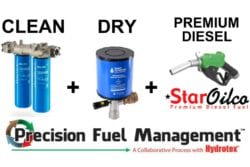



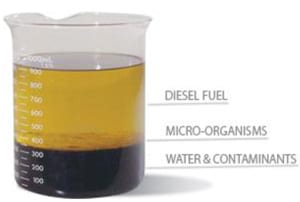
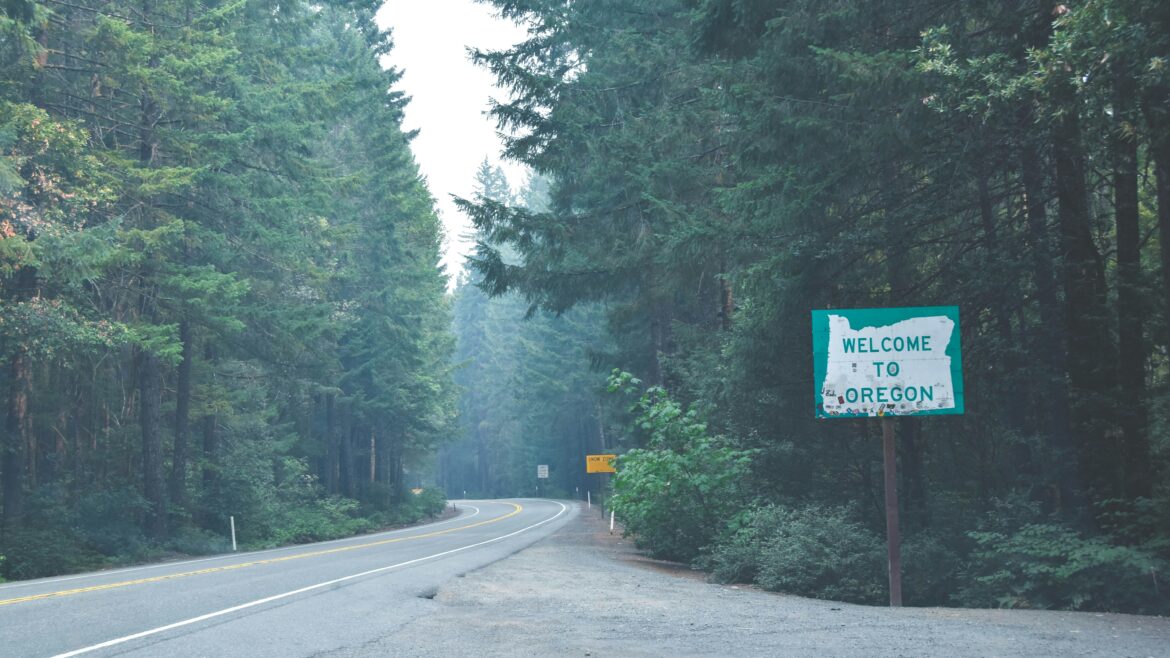



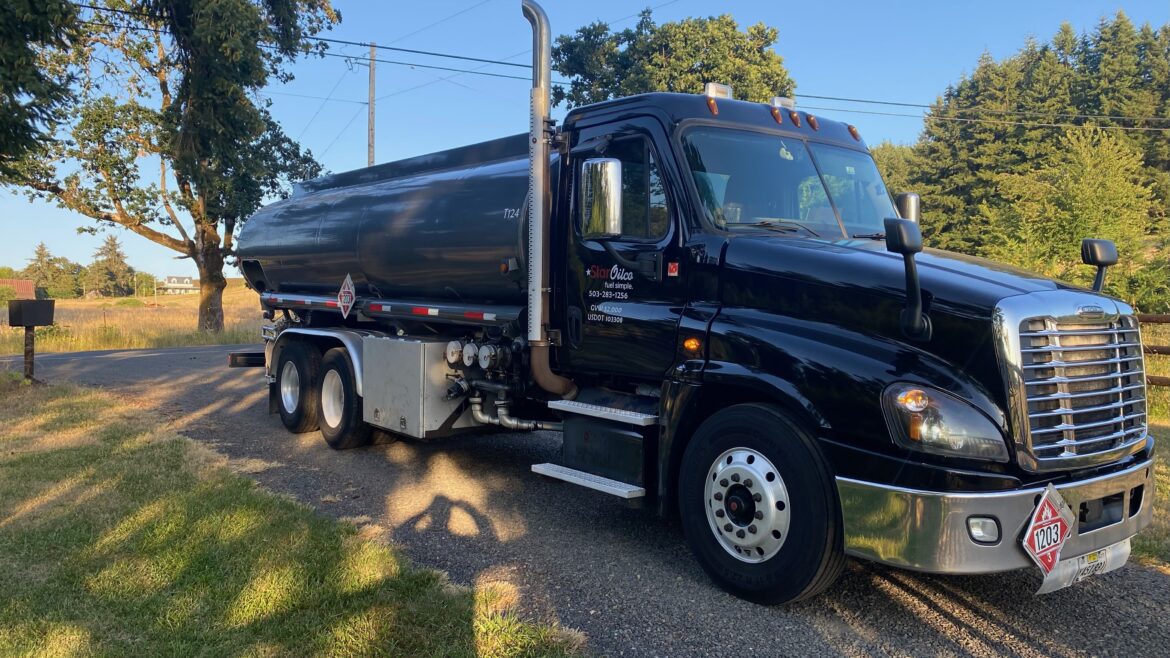
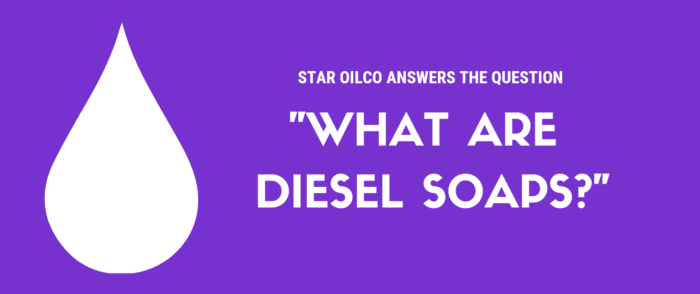



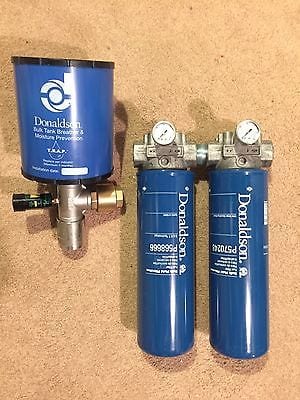


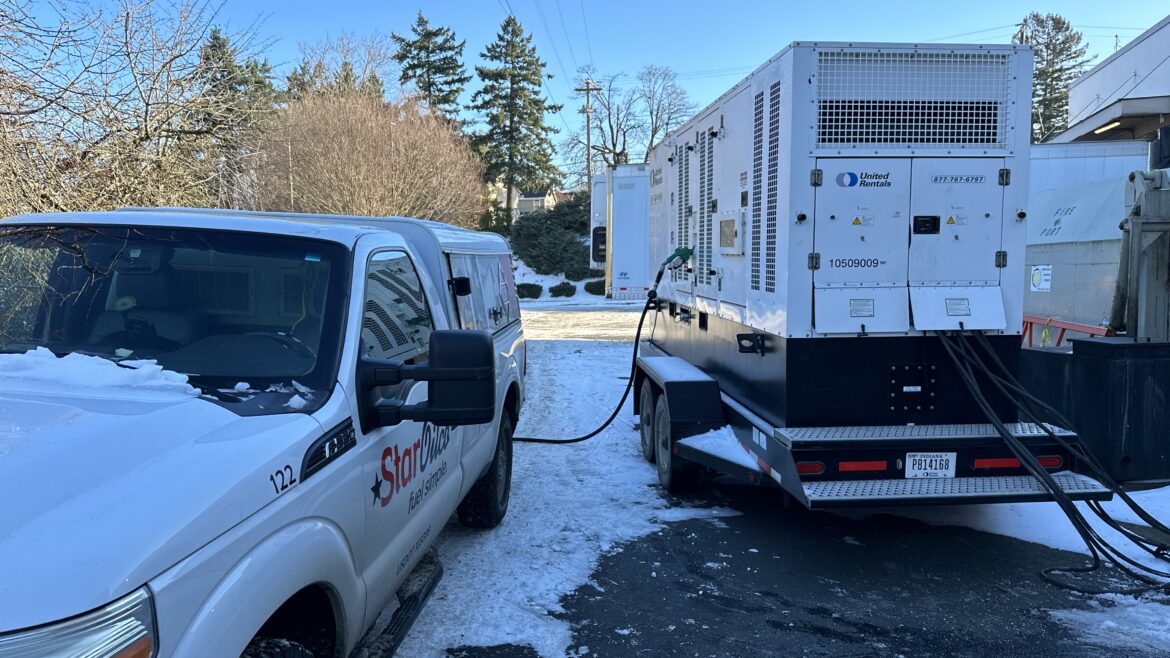




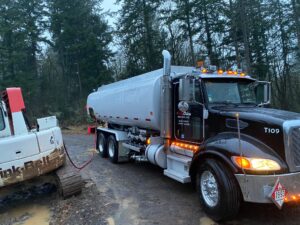

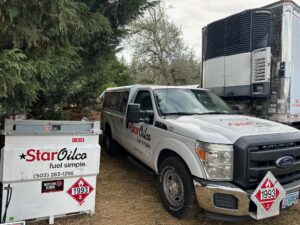
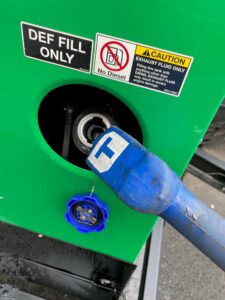
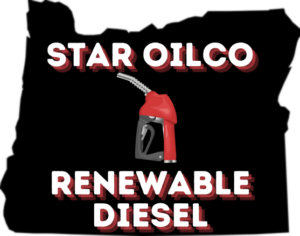

 Star Oilco can provide your project with the fuel you request.
Star Oilco can provide your project with the fuel you request.